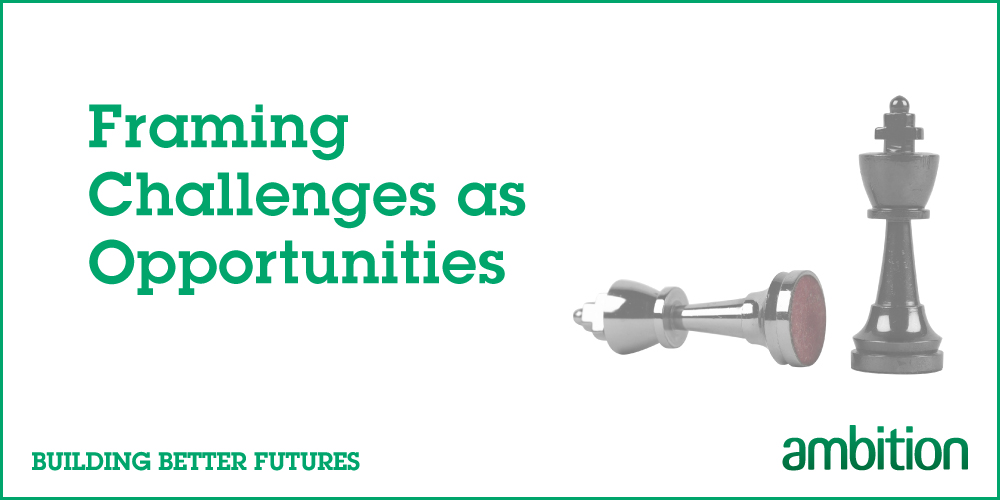Market Insights Report 2025
Explore the latest hiring trends and in-demand skills shaping the employment landscape in 2025 to guide your hiring strategies or job search.

Explore the latest hiring trends and in-demand skills shaping the employment landscape in 2025 to guide your hiring strategies or job search.

Explore the latest hiring trends and in-demand skills shaping the employment landscape in 2025 to guide your hiring strategies or job search.

Explore the latest hiring trends and in-demand skills shaping the employment landscape in 2025 to guide your hiring strategies or job search.



Is the Banking & Financial Services industry evolving fast enough to keep up with rapid technological changes, and evolving consumer expectations and preferences? How will the industry look like in 5 years and what should organizations focus on as part of their long-term strategy? We interviewed Ritchie Fong, AVP, KYC team for Corporate Institutional Banking to get his take on these disruptive trends and how professionals should ready themselves for the changes.
Looking towards the future, banks must prepare themselves for several challenges around regulatory requirements, the rise of Fintech, game-changing models, disruptive competitors, and a continuously evolving customer base. All of this whilst looking at new strategies to drive sustainable growth. This will have a huge impact on how the bank is run, with greater focus being placed on customer-centricity and ensuring a high level of cyber risk and control, to obtain and maintain market share. Organizations that can address these mounting challenges and capitalize on the opportunities to efficiently balance long-term objectives with short-term performance targets could be thoroughly rewarded and be better positioned for the future.
There are several skills that they should pick up. First, the awareness of the impact and prevalence of technological disruptors in the industry and how you can leverage these as opportunities rather than challenges. The second skill is to be able to recognize the expectations of the next generation of bankers and workforce as a whole, and how they can change the future of work. Third, to be part of evolving the corporate culture to one that inspires and promotes diversity of thought, values, experiences and backgrounds. Fourth, understanding how to nurture and empower a lean and collaborative team. Lastly, focusing on key skills that cannot be automated or digitized by artificial intelligence. These are the skills that will remain valuable and make you more sought-after and relevant in the job market.
There is hardly a week that goes by without us seeing the rise of the next digital, financial or banking disruptor in the market. Every legacy process, sector and individual will be phased out for bigger, better and faster versions of itself. This includes us, the workforce. Now if I had to simplify which technology or development is critical to know and look out for, there is no doubt that it will be Fintech. There are many startups in this space, concentrating on developing a specific innovative technology or method, from digital fast-processing payments to quick hassle-free transferable insurance. These up-and-comers have been directly and indirectly challenging some of the most profitable elements that fundamentally make up a bank and breaking down each part of the value chain. Soon enough, customers will look for and require financial services, but they won’t have to go to a bank to receive this service. In other words, the banking and financial services industry may not look like what it is today.
The so-called “sharing economy” may have started with your Ubers and Airbnbs, but financial services will follow soon enough. We already see it all around us, with the rise of blockchain technology. Decentralized asset ownership has grown and it’s completely changing the way consumers approach banking services.
I think the onus is on both parties. As a company, you have to provide the foundation and opportunities for your employees to pick up the necessary skills, knowledge, and information. The employee also has to be willing to take the extra effort to keep up with the evolving skillsets needed in the workforce today and in the future. Both the company and employee need to be willing to embrace change and leverage opportunities when they come up. The dinosaurs were not able to evolve when the situation called for it, and our workforce works in the same way. New “species” who are better equipped to cope with present-day needs will be in a better position to grow.
First, I look at the experience and knowledge that the candidate brings to the table. Then I see whether they are relevant to what my team is doing now and how they could contribute to bringing the team to where it needs to be in the future. I evaluate this primarily on his/her resume and the information that they highlight. Then, it’s time for face-to-face interviews. During interviews, remember this, “You’ve got your foot through the door, now it’s your job not to mess it up.”. What I mean by this is that I will then observe the character and personality of the candidate and see if he/she will be a good fit with the team and work environment. If the candidate is passionate, willing and keeps an open mind, I believe that there is a strong chance that he/she will be a good addition to the team. I also believe in giving the candidate all that we can to help him/her continue growing as well. It boils down to this – knowledge can be learned, but character and values come from within.
What a banker was in the past, is not what a banker is today. What a banker is today, is not what a banker may be in the future. The future is uncertain, and the past is set in stone. All that we know is what we can do today. So, make today count.